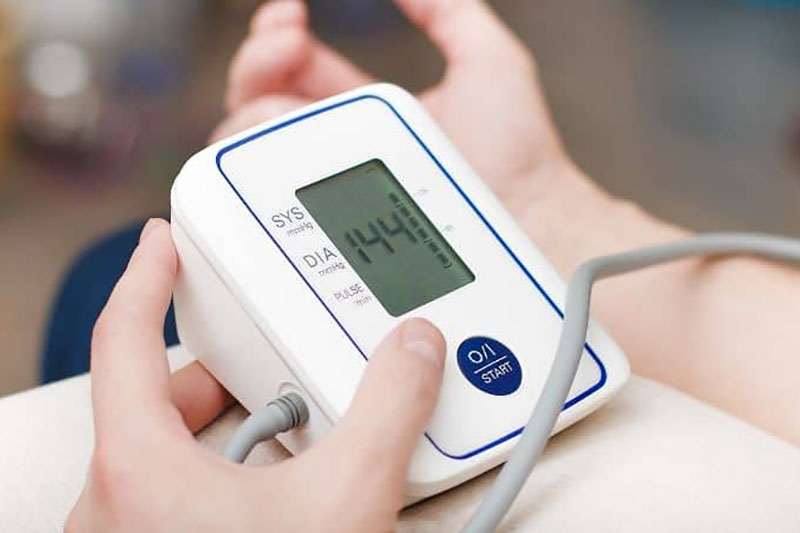Every minute, someone in the United States has a stroke. Of the 700,000 victims each year, one-third die, and another third suffer permanent paralysis, loss of speech or memory lapses.
The best way to minimize the effects of a stroke is to know the warning signs so the stroke victim can get immediate treatment. Warning signs include sudden weakness or numbness, specifically on one side of the body; dizziness or loss of coordination; sudden headache or nausea; confusion or difficulty speaking; and vision loss.
Are you at risk for a stroke? Making healthy lifestyle changes, like lowering blood pressure and not smoking, can help reduce your risk of stroke. Other risk factors include:
* Age. Chances of having a stroke more than doubles each decade after age 55.
* Gender. More women die of strokes than men.
* Race and heredity. Chances of stroke are greater with a family history of stroke. African-Americans and Hispanics are at higher risk for stroke than Caucasians.
* Sickle cell anemia. Sickled red blood cells are less able to carry oxygen to the body’s tissues and organs. They also can stick to the walls of the blood vessels, which can block arteries to the brain, causing a stroke.
Upon experiencing stroke symptoms, individuals should immediately seek medical attention. Patients attended to within hours of a stroke have a much higher chance of effectively being diagnosed and treated.
Hospitals and trauma centers are equipped with sophisticated medical imaging equipment, like Toshiba’s Aquilion line of computed tomography scanners and the new Vantage magnetic resonance imaging system, which can help to quickly and accurately diagnose a stroke and assist in the proper treatment plan.
With this new equipment, physicians are able to locate and view the blockage in the arteries and then determine whether the treatment should be invasive or noninvasive. Typically, the location of the blockage dictates the course of treatment.



